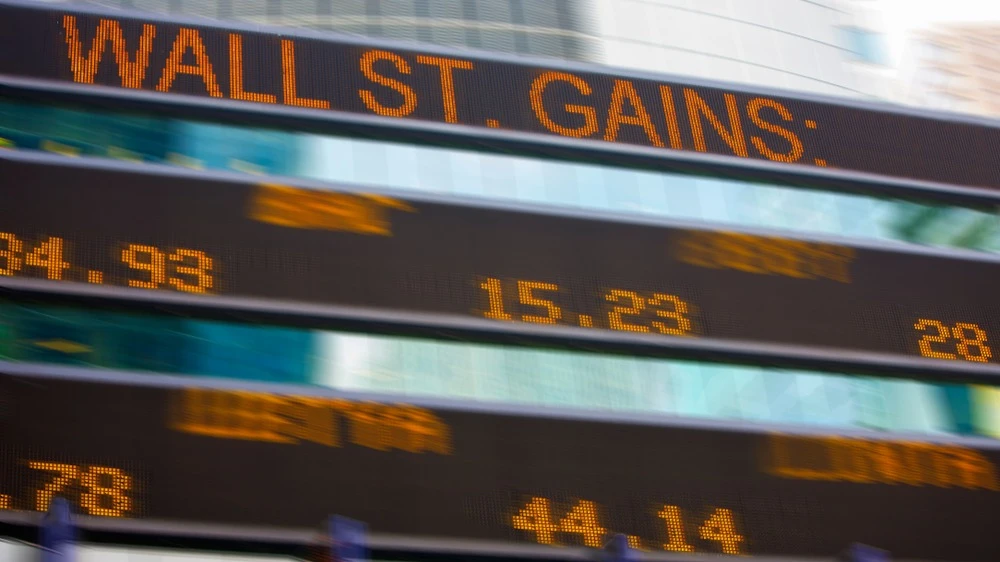Goldman Sachs: retail investors are now driving the market. What stocks do they like?
Private traders willingly buy shares already at 1-2% drawdowns, increasing their appetite for risk

Retail investors have become the determining factor in trading on the U.S. stock market, Goldman Sachs says. According to one of the largest Wall Street banks, their activity is closely linked to the market direction and is increasingly concentrated in shares of technology companies and manufacturers of durable goods.
Details
According to a Goldman Sachs report published at the end of last week, retail investors accounted for more than 28% of the S&P 500 index trading volume on the most active days on the stock exchange this year, SeekingAlpha writes. The behavior of retail investors - whether they were buying or selling stocks - coincided with the movement of the index. This confirms that private traders have become the driver of market dynamics, the bank said.
Goldman Sachs statistics for August indicate that risk appetite among retail investors is rising, while investment banks and funds remain moderately optimistic ("risk-on") and their positions are not as overheated as they were at the end of 2024. Private traders are actively trading shares of the IT sector and manufacturers of non-essential goods, followed by securities of companies in the sector of communication services and healthcare. At the same time, they show almost no interest in shares of utilities and developers.
Retail investors are also inclined to buy out market drawdowns: they often begin to actively open positions after quotes have fallen by only 1-2%, Goldman Sachs notes. With limited support from investment funds, retail investors remain a key force that supports the upward trend in the U.S. stock market - especially in the segment of shares of small-capitalization companies and "meme" securities, the bank said.
Which stocks are popular with ordinary investors
According to Goldman Sachs, Keycorp (38%), Huntington Bancshares (37.3%), Ford (35.6%), Regions Financial (29.6%), Pfizer (28.4%), Tesla (27.8%), American Airlines (25.7%), Organon (21.4%), AMD (20.6%) and Nvidia (19.7%) lead the pack in terms of retail investors' share of trading volume.
The top 10 in net purchases by retail investors (total purchases minus total sales) included shares of AMD ($74 million), Tesla ($45.5 million), Microsoft ($41 million), Alphabet ($41 million), Micron Technology ($34.5 million), Eli Lilly ($30 million), Unitedhealth ($25 million), Goldman Sachs ($24 million), Apple ($17.5 million) and Texas Instruments ($17 million).
What Wall Street thinks of these stocks
The opinions of professional economists from Wall Street on many of these securities coincide with the choices of retail investors. According to FactSet, Wall Street analysts on average recommend Nvidia, Microsoft and Alphabet with a consensus rating of "Buy", and Keycorp, Huntington Bancshares, Regions Financial, Pfizer, American Airlines, AMD, Micron, Eli Lilly, Unitedhealth, Goldman Sachs, Apple and Texas Instruments with a consensus rating of "Overweight".
On shares of Ford, Tesla and Organon Wall Street is more cautious: analysts discourage their clients from buying these securities, but also do not advise to sell them at current prices (rating Hold).
This article was AI-translated and verified by a human editor
